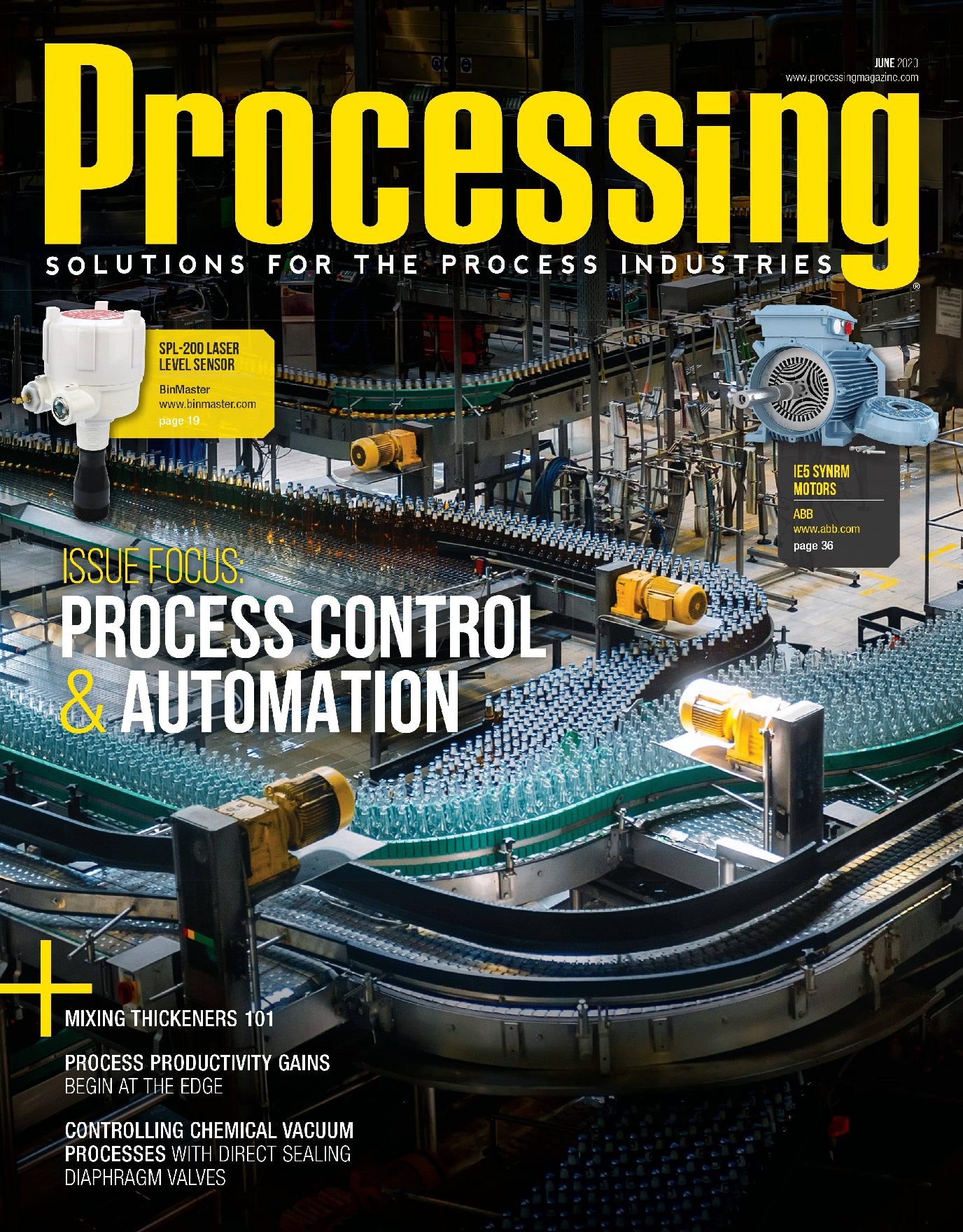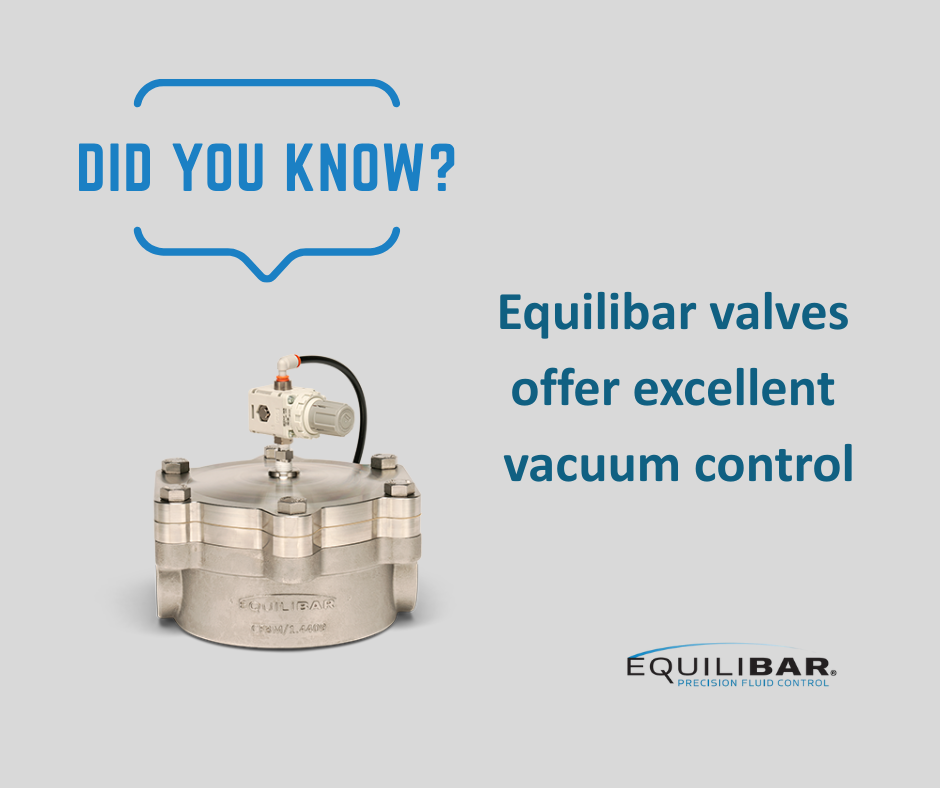The June issue of Processing Magazine features a useful and detailed article on innovative vacuum control for chemical processes that was written by Equilibar President Jeff Jennings.
The article gives an overview of the impactful role that vacuum technology has played in industry. For more than a century–from Edison’s light bulb to silicon chips–vacuum technology has been at the forefront of innovation. In recent years, the chemical industry has also begun adapting vacuum technology in novel ways. These processes have their own unique challenges that often cannot be met with traditional vacuum control valves and regulators. The article explains how direct sealing diaphragm valves can often provide an elegant solution. Their advantages include superior accuracy, chemical compatibility and easy automation.
Vacuum Distillation
One of the clearest examples of vacuum technology for chemical processes is vacuum distillation. Simple distillation of whiskey is possible because water and alcohol have different boiling temperatures so that the alcohol boils off earlier than water. Vacuum distillation is required for more complicated situations such as when there is a need to separate two delicate compounds that are heat sensitive. Often, the best solution is to lower the boiling temperature by reducing the pressure over the liquids.
In this situation, vacuum distillation is used to lower the pressure above a liquid to less than its vapor pressure, allowing the most volatile liquids to be selectively boiled off and distilled. This is particularly useful if the temperatures required for a fluid to boil at atmospheric pressures would be hot enough to damage sensitive molecules. Precisely controlling the vacuum pressure is necessary because the mixture being distilled may contain several liquids with close boiling points. Accuracy in controlling the vacuum allows much higher selectivity in the distillation.
Beyond Traditional Solutions
Matthias Bogar, who manages the German division of Pressure Control Solutions and has years of vacuum distillation experience, is cited as an expert in the article. According to Bogar, complex chemical vacuum systems often present combinations of challenges that cannot be addressed with traditional valves and regulators. For example, most traditional vacuum regulators do not offer the accuracy required to selectively distill fluids with close boiling points. In addition, many of the vacuum regulators that may be sensitive enough to do so cannot withstand corrosive chemistries or elevated temperatures.
Direct sealing diaphragm valves such as those offered by Equilibar can provide both accuracy and durability. In addition, they provide superior precision, offer an extremely wide Cv range and work well with automation, which is increasingly common in modern processes.
“The rangeability, sensitivity and compatibility with highly aggressive media make the direct sealing diaphragm valve an interesting option for many vacuum distillation setups,” Bogar said.
The same advantages make these valves well suited for other chemical processes including wax processing and solvent mixing.
Read the full article on the Processing website.
As always, we invite you to contact an Equilibar application engineer to discuss vacuum control or any other form of complex pressure or flow control. We look forward to hearing from you!



